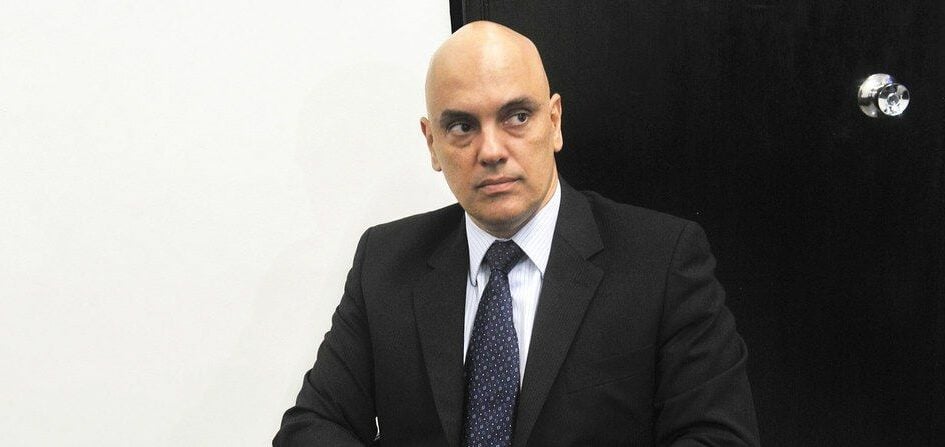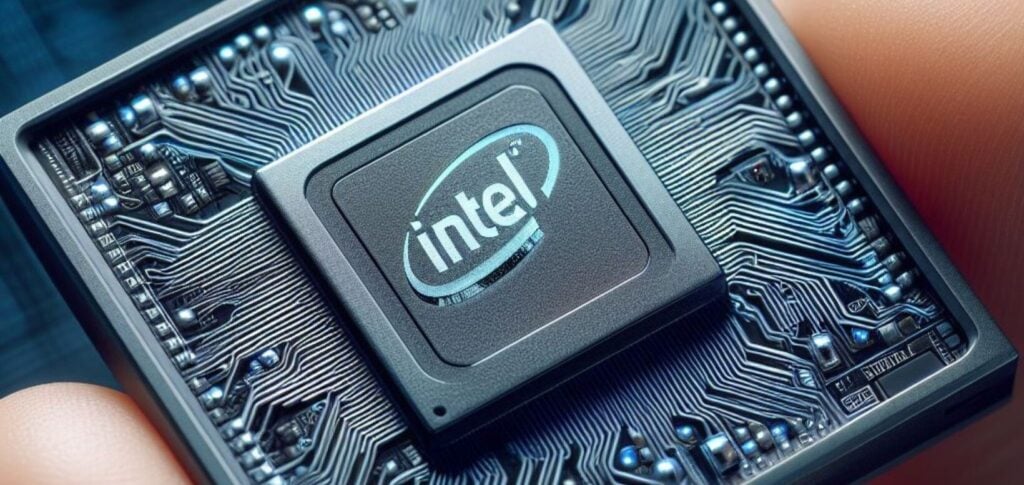The presence of the ministers was the target of protests by Bolsonarists, who held several demonstrations. This Sunday (13), Moraes, Lewandowski and Gilmar were harassed by protesters at the door of the hotel where they are staying in New York. Barroso was chased in Time Square.
ADVERTISING
This Monday, a group of protesters positioned themselves in front of the entrance to the Harvard Club, where the conference is taking place, which led the ministers to use a side entrance. Security has been reinforced.
First to speak, Moraes based his speech on the lack of regulation of social networks, attacks on democracy and questioncomments surrounding the credibility of the electoral system. “Disinformation and hate speech have been eroding democracy,” he said.
Nobody's land
For Moraes, the fact that there is no regulation of social networks is a “global problem”. “It is not possible for social networks to be no man’s land and digital militias to attack with impunity”, he assessed, adding that “freedom with responsibility” is necessary.
ADVERTISING
“Under the false cloak of unlimited freedom, what is intended is to erode democracy”, criticized Moraes. The president of the TSE also commented on the impact of this environment and fake news on the professional press. According to him, “supposed journalists mix with the traditional press and today the population no longer knows what real news is”.
When talking about the questionments surrounding the electoral system, the minister highlighted that “it doesn’t matter whether the vote is printed, whether it is electronic voting machines or voting by mail, what matters is discrediting the vote”. According to Moraes, the Judiciary is, today, the main target of these attacks. “The Judiciary is the biggest client of digital militias. In Brazil, the Judiciary was not co-opted, it was a barrier to any attack on democracy and freedom.”
In his speech, Gilmar Mendes was also emphatic against anti-democratic demonstrations. “We have to ask if there isn’t a scenario of absolute cognitive dissociation, especially when lunatics are calling for military intervention and the arrest of the inventor of the three-prong plug,” he said.
ADVERTISING
The minister warned of the need to questionfind out what is behind the calls for military intervention in demonstrations that take place after the end of the presidential elections in Brazil. He drew attention to the need for unity in favor of democracy in the country and also to the focus on inclusion in the “new chapter on fiscal responsibility”.
“Constitutional erosion revealed that Brazil is resilient. We need to ask if there is something more behind the lunatic and hysterical speeches that call for military intervention”, Mendes emphasized. For the minister, democracy needs to recruit these citizens to “fight for democracy and not destroy it”. “We are in the longest period of democratic normality in Brazil”, he assessed.
(With Estadão Content)



